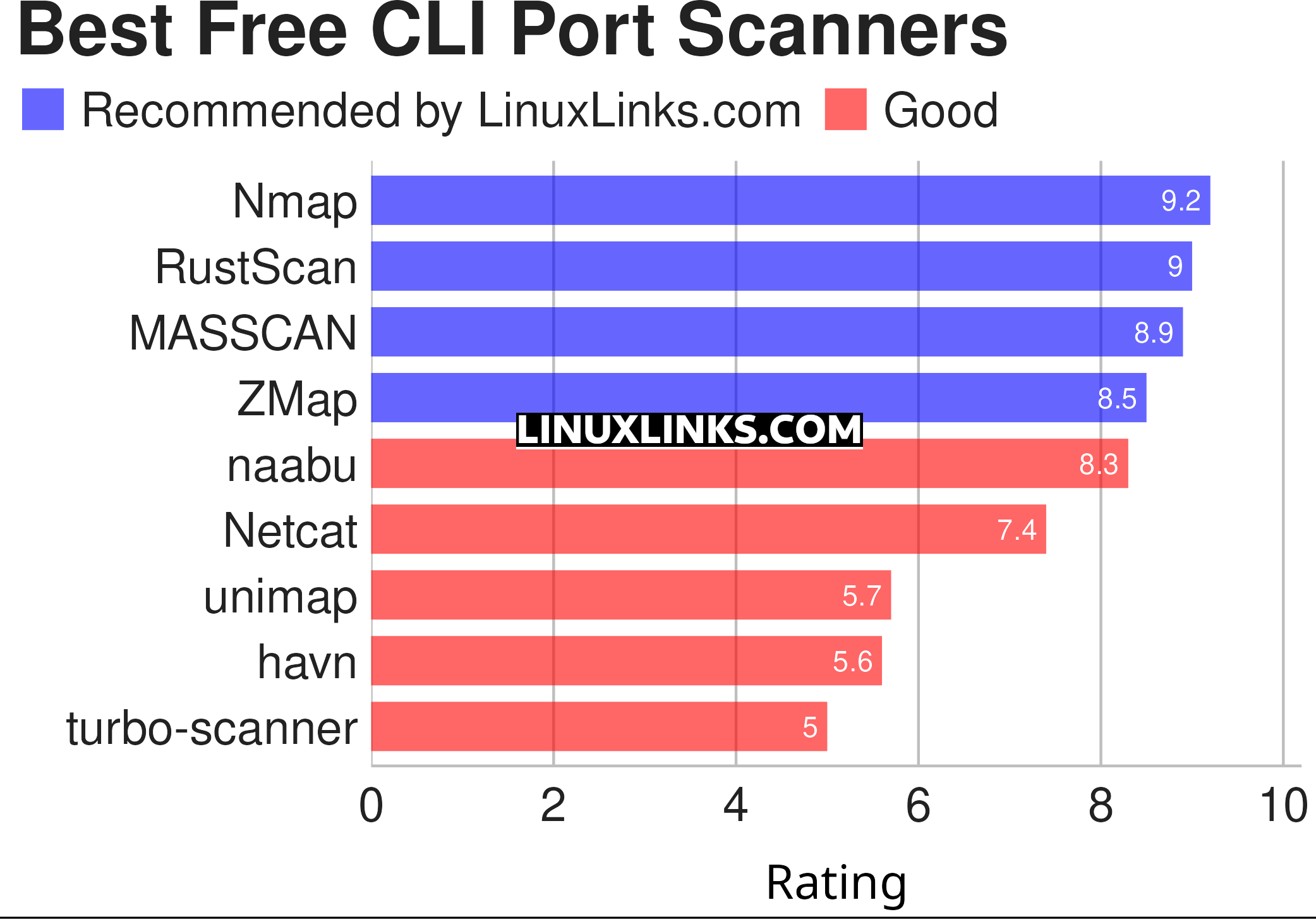A port scanner is a utility which probes a server or host to verify if the virtual ports of a system are open or closed. Ports allow different applications on the same computer to share network resources simultaneously.
Computers that are connected to a local area network or internet run many different services that listen at well-known (and not so well-known) port numbers. Port numbers range from 0 to 65535, with port numbers from 0 to 1023 considered to be the well-known ports. These include ports reserved for the File Transfer Protocol (FTP), Secure Shell (SSH), telnet, Domain Name System (DNS), Hypertext Transfer Protocol (HTTP) used in the World Wide Web, Network News Transfer Protocol (NNTP), to name a few. Port numbers from 1024 to 49151 are known as registered ports, and the range from 49152 to 65535 are allocated to dynamic or private ports.
Port scanning is a popular technique used by attackers to find services that they may be able to compromise. A port scan assists the attacker in finding which ports are available. The scan sends a message to each port, with the response indicating whether the port is used and can therefore be probed further for weaknesses. There are a variety of different forms of scanning which include TCP, SYN, UDP, ACK, Window, and FIN scanning.
However, port scanning has many legitimate uses such as network inventory and the verification of the security of a network. Port scanners therefore represent an important tool for users and system administrators to verify the security policies of their computers and network.
Linux has a good range of port scanners that help administrators identify and rectify weaknesses in a system. To provide an insight into the software that is available, we have compiled a list of 9 terminal-based port scanners. Here’s our verdict.

We cover graphical port scanners in a separate article.
Let’s explore the 9 terminal-based port scanners at hand. For each application we have compiled its own portal page, a full description with an in-depth analysis of its features, screenshots, together with links to relevant resources.
| CLI Port Scanners | |
|---|---|
| Nmap | Network Mapper for network discovery, administration and security auditing |
| RustScan | Modern take on the port scanner |
| MASSCAN | Mass IP port scanner |
| ZMap | Fast single packet network scanner |
| naabu | Fast port scanner written with a focus on reliability and simplicity |
| Netcat | Built-in port-scanning capabilities, with randomizer |
| unimap | Scan only once by IP address |
| havn | Fast configurable port scanner |
| turbo-scanner | Port scanner and service detection tool |
 Read our complete collection of recommended free and open source software. Our curated compilation covers all categories of software. Read our complete collection of recommended free and open source software. Our curated compilation covers all categories of software. Spotted a useful open source Linux program not covered on our site? Please let us know by completing this form. The software collection forms part of our series of informative articles for Linux enthusiasts. There are hundreds of in-depth reviews, open source alternatives to proprietary software from large corporations like Google, Microsoft, Apple, Adobe, IBM, Cisco, Oracle, and Autodesk. There are also fun things to try, hardware, free programming books and tutorials, and much more. |
